Inconel 718 Casting
What is Inconel 718 Casting
Inconel 718 casting is a specialized manufacturing process for high-performance nickel-based superalloy components. This superalloy contains 50-55% nickel, 17-21% chromium, 4.75-5.5% niobium, 2.8-3.3% molybdenum, and iron plus other trace elements, making it exceptional for high-temperature and corrosion-resistant applications.
The casting process for Inconel 718 typically employs investment casting (lost wax process), as it enables the production of complex geometries with excellent surface finish and dimensional accuracy. The process requires precise control of temperature and cooling rates to achieve optimal mechanical properties and microstructure.
This advanced casting method is extensively used in aerospace components, industrial gas turbines, nuclear reactors, and chemical processing equipment, where components must perform reliably under extreme conditions ranging from -257°C to 704°C (-432°F to 1300°F) and in corrosive environments.
1. Superior Material Properties
Inconel 718 casting is a specialized manufacturing process for high-performance nickel-based superalloy components. This superalloy contains 50-55% nickel, 17-21% chromium, 4.75-5.5% niobium, 2.8-3.3% molybdenum, and iron plus other trace elements, offering exceptional strength at temperatures up to 704°C (1300°F) and outstanding corrosion resistance.
2. Precision Investment Casting Benefits
Investment casting process ensures high dimensional accuracy and superior surface finish for Inconel 718 components. This precision manufacturing method allows for complex geometries and thin-wall sections while maintaining tight tolerances, making it ideal for aerospace and turbine components.
3. Excellent Mechanical Properties
Inconel 718 castings exhibit exceptional mechanical properties, including high tensile strength (180,000 psi/1241 MPa), excellent fatigue resistance, and superior creep strength at elevated temperatures. These properties make it ideal for critical applications in demanding environments.
4. Versatile Applications
Our Inconel 718 investment castings are widely used in various high-performance applications, including:
- Aerospace engine components and structural parts
- Gas turbine blades, vanes, and combustion chambers
- Nuclear reactor components
- Chemical processing equipment
- Oil and gas industry components
5. Quality Control Process
We implement standard quality control procedures for Inconel 718 castings to ensure product reliability:
- Visual inspection and dimensional verification
- Basic mechanical testing when required
- Surface quality inspection
- Documentation of material certificates
6. Cost-Effective Solution
Investment casting of Inconel 718 offers significant cost advantages through:
- Near-net-shape capabilities reducing machining costs
- Excellent material utilization
- Ability to consolidate multiple parts into single castings
- Reduced assembly requirements
7. Production Capability
Our facility provides essential manufacturing support:
- Professional investment casting equipment
- Standard machining capabilities
- Basic testing equipment
- Regular quality inspection procedures

Our Inconel 718 Investment Casting Process
As a professional manufacturer of high-performance alloy castings, we specialize in Inconel 718 investment casting for aerospace and industrial applications. Our casting process ensures reliable quality and consistent performance for critical components. Here's our standard process:
- – Technical consultation: Discuss your Inconel 718 casting requirements and specifications.
- – Design review: Our engineers analyze the design for optimal casting feasibility.
- – Material verification: Confirm Inconel 718 composition and properties for your application.
- – Process planning: Develop detailed casting and heat treatment procedures.
- – Pattern making: Create precise wax patterns for investment casting.
- – Shell building: Multiple ceramic shell coating and drying cycles.
- – Casting process: Melting and pouring of Inconel 718 under controlled conditions.
- – Heat treatment: Solution and aging treatment for optimal properties.
- – Quality inspection: Dimensional check and non-destructive testing.
- – Surface finishing: Final surface treatment as per requirements.
- – Documentation: Material certification and inspection reports.
- – Delivery: Careful packaging and delivery of qualified parts.
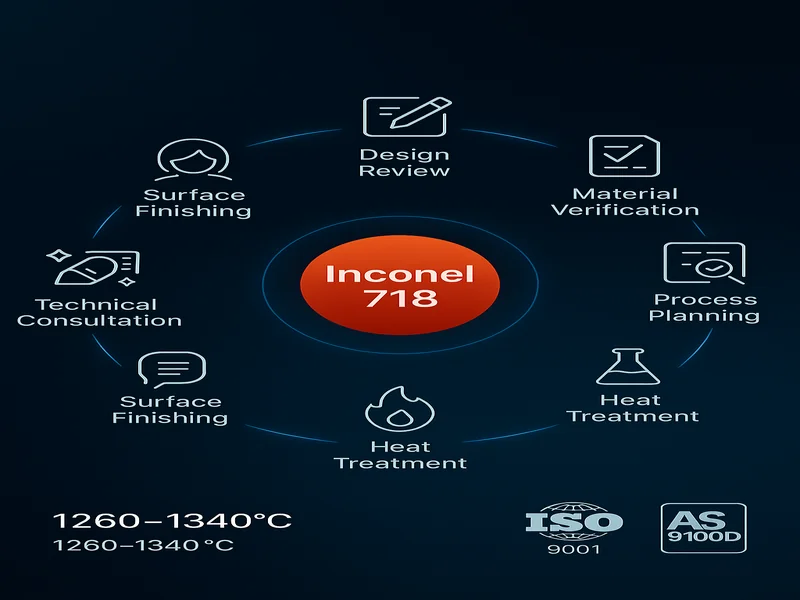
Advanced Production Facilities for Inconel 718 Casting
Our investment casting facility is equipped with state-of-the-art melting furnaces, shell preparation systems, and heat treatment equipment specifically optimized for Inconel 718 processing. Our experienced engineers provide comprehensive support throughout the entire process - from initial design review to final inspection. We maintain constant communication with customers during pattern making, casting, quality control, and delivery phases to ensure all specifications are met.
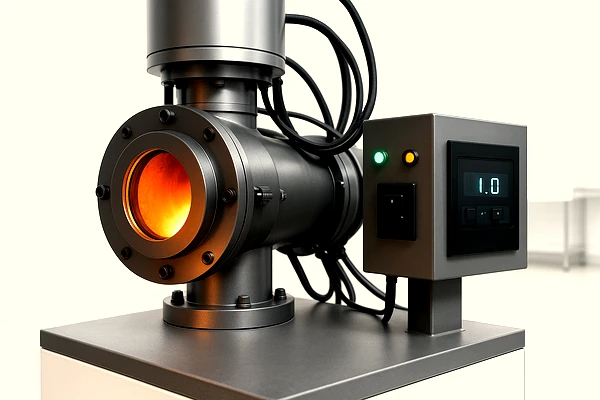
| Melting Equipment Display ▶ |
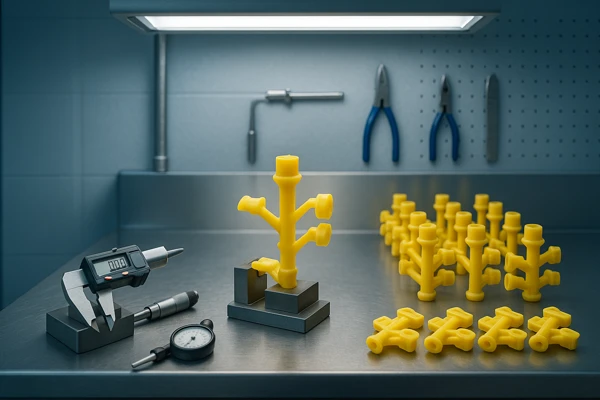
| Pattern Making Process ▶ |
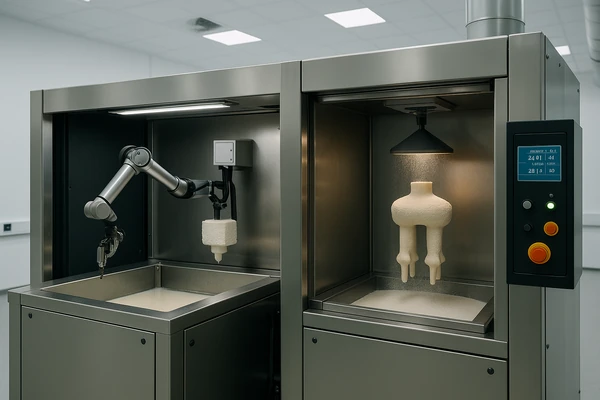
| Shell Building System ▶ |
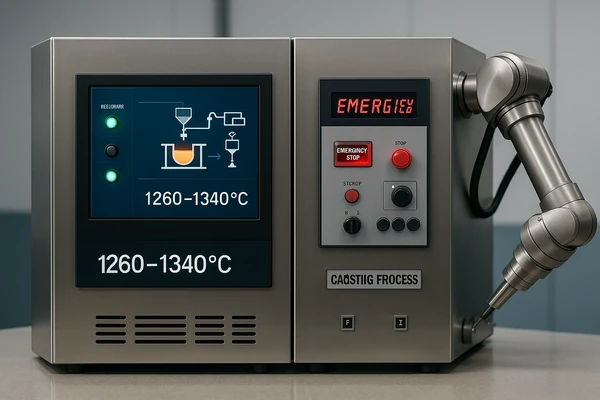
| Casting Process Control ▶ |
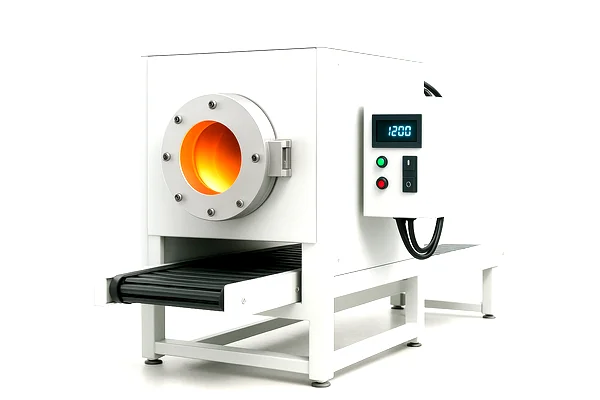
| Heat Treatment Equipment ▶ |
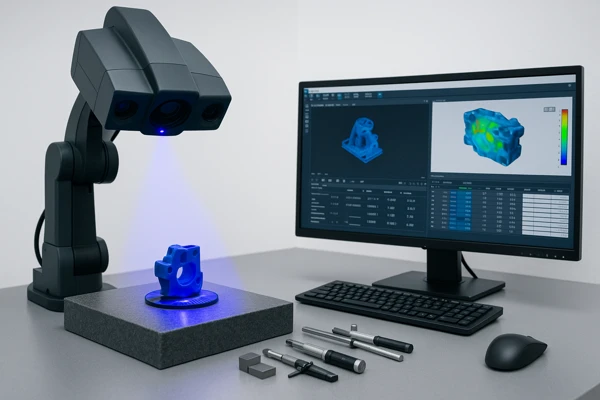
| Quality Inspection System ▶ |
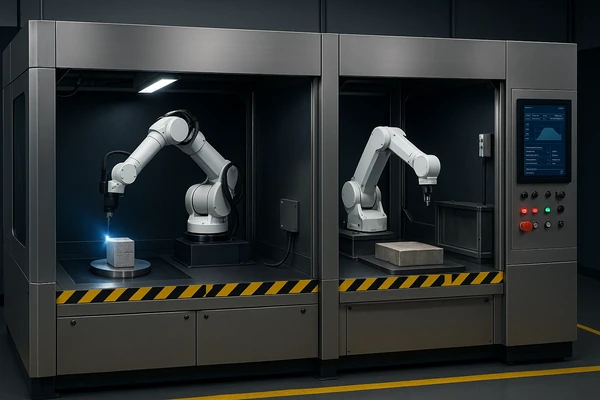
| Surface Treatment Process ▶ |
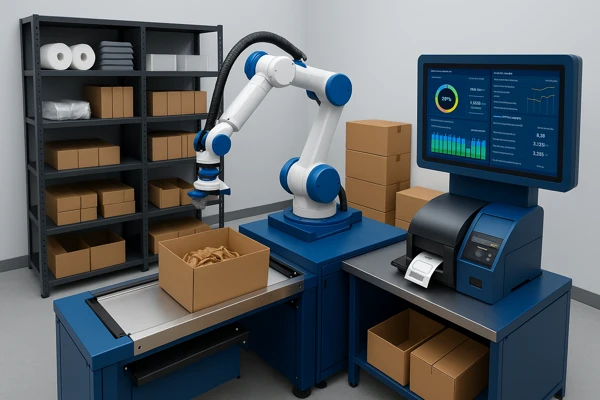
| Professional Packaging System ▶ |
Successful Cases of Inconel 718 Casting
Our advanced Inconel 718 casting capabilities have been proven through numerous successful projects in aerospace, power generation, and industrial applications. From complex turbine components to precision reactor parts, we consistently deliver high-quality results that meet or exceed industry standards.
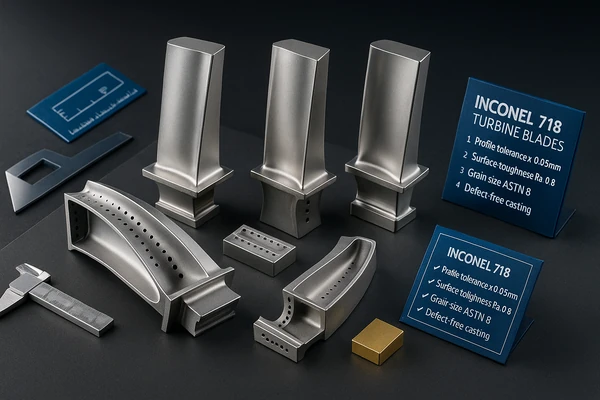
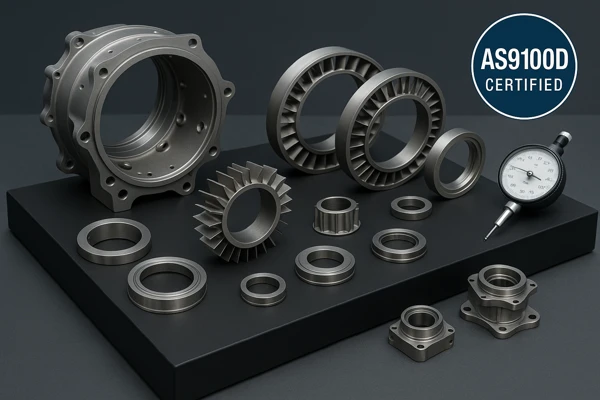
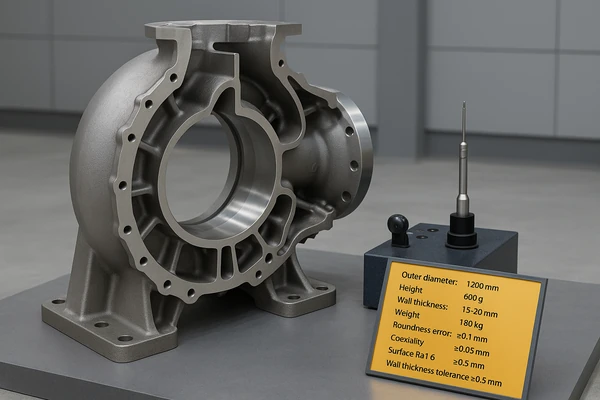
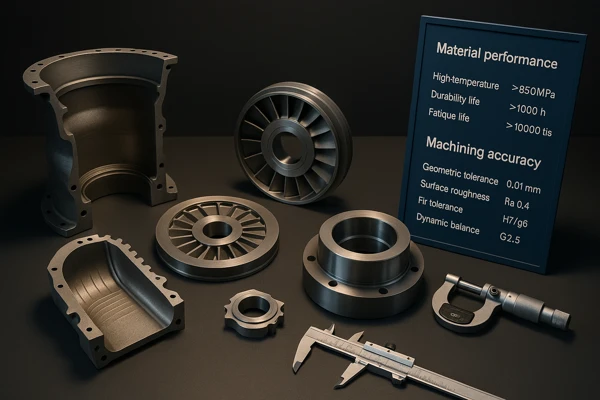
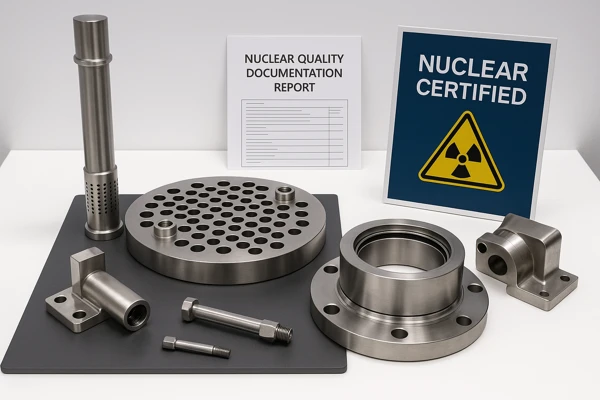
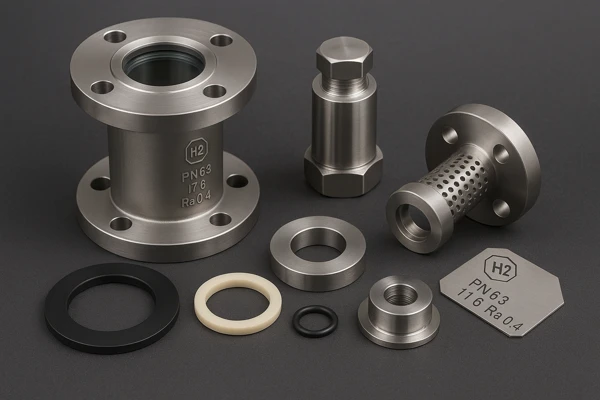
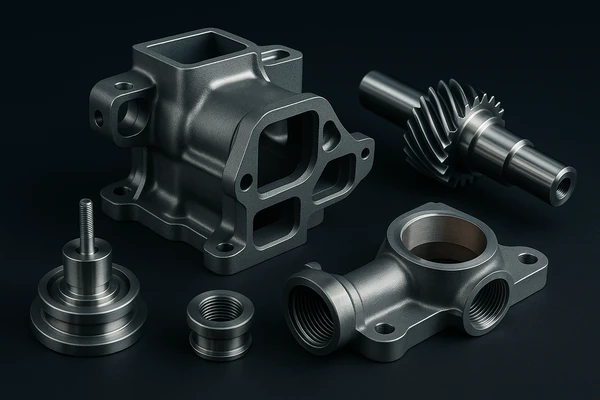
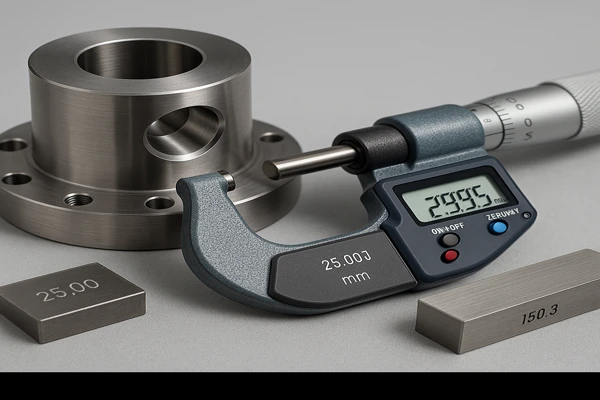
View More Inconel 718 Casting Cases >>>
Why Choose Our Inconel 718 Casting Services
With over 25 years of experience in precision casting, we serve clients across North America, Europe, and Asia. Our facility is AS9100D and ISO9001:2015 certified, equipped with advanced investment casting systems and comprehensive testing capabilities.
Our expertise in Inconel 718 casting, combined with state-of-the-art equipment and rigorous quality control, ensures exceptional results for every project. Contact us at sales@hmminghe.com for a detailed quote and discover how our precision casting capabilities can meet your specific requirements.
We Provide Casting Services Include:
Minghe Casting services working with sand casting, metal casting, investment casting, lost foam casting, and more.
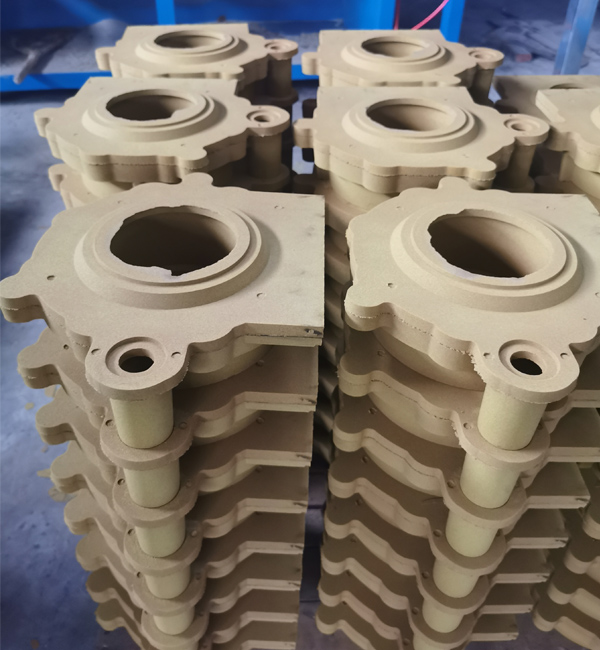
Sand Casting
Sand CastingSand Casting is a traditional casting process that uses sand as the main modeling material to make molds. Gravity casting is generally used for sand molds, and low-pressure casting, centrifugal casting and other processes can also be used when there are special requirements. Sand casting has a wide range of adaptability, small pieces, large pieces, simple pieces, complex pieces, single pieces, and large quantities can be used.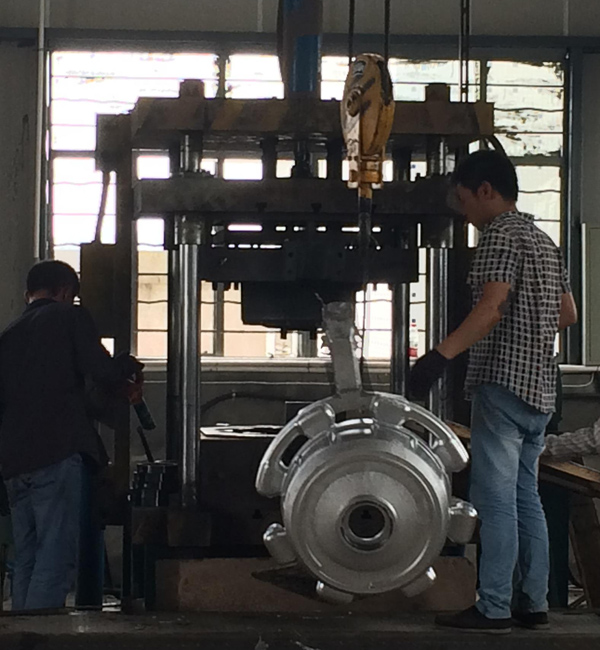
Permanent Mold Casting
Permanent Mold CastingPermanent Mold Casting have a long life and high production efficiency, not only have good dimensional accuracy and smooth surface, but also have higher strength than sand castings and are less likely to be damaged when the same molten metal is poured. Therefore, in the mass production of medium and small non-ferrous metal castings, as long as the melting point of the casting material is not too high, metal casting is generally preferred.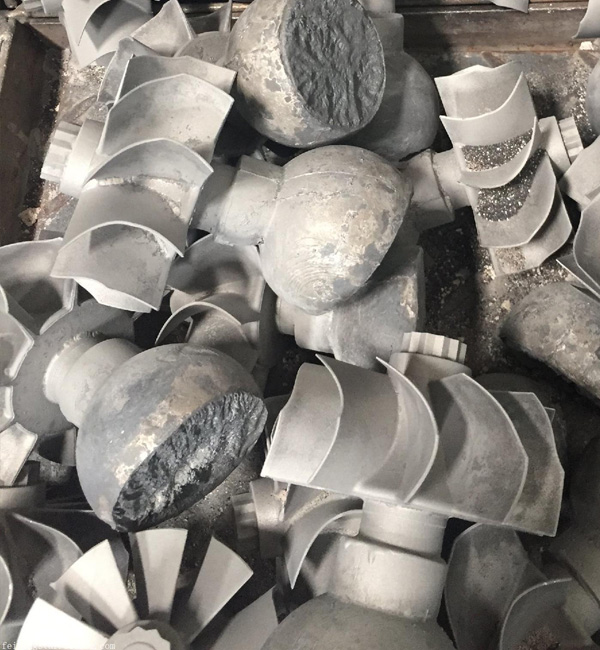
Investment Casting
Investment CastingThe biggest advantage of investment casting is that because investment castings have high dimensional accuracy and surface finish, they can reduce machining work, but leave a little machining allowance on the parts with higher requirements. It can be seen that the use of investment casting method can save a lot of machine tool equipment and processing man-hours, and greatly save metal raw materials.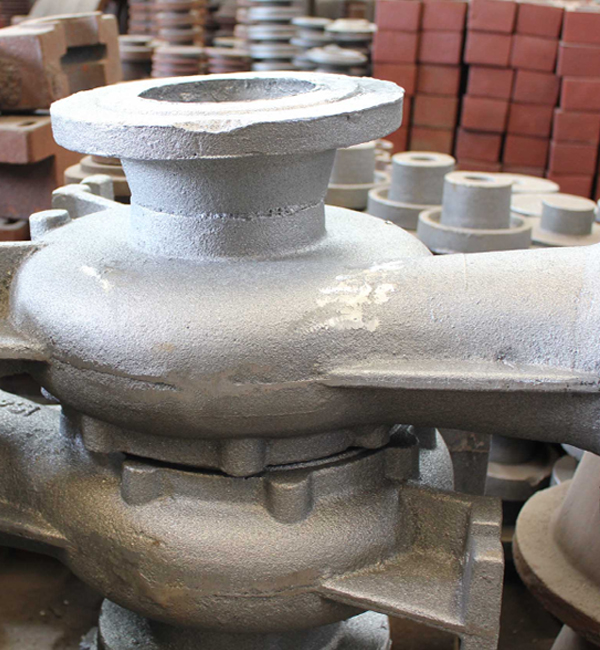
Lost Foam Casting
Lost Foam CastingLost foam casting is to combine paraffin wax or foam models similar to the casting size and shape into model clusters. After brushing and drying refractory coatings, they are buried in dry quartz sand for vibration modeling, and poured under negative pressure to gasify the model. The liquid metal occupies the position of the model and forms a new casting method after solidification and cooling.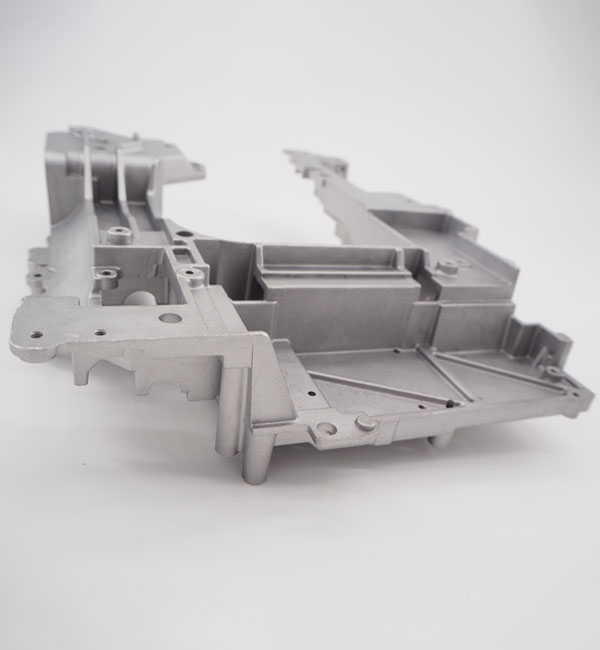
Die Casting
Die CastingDie casting is a metal casting process, which is characterized by applying high pressure to the molten metal using the cavity of the mold. Molds are usually made of higher-strength alloys, and this process is somewhat similar to injection molding. Most die castings are iron-free, such as zinc, copper, aluminum, magnesium, lead, tin, and lead-tin alloys and their alloys. Minghe has been China's top die casting service since 1995.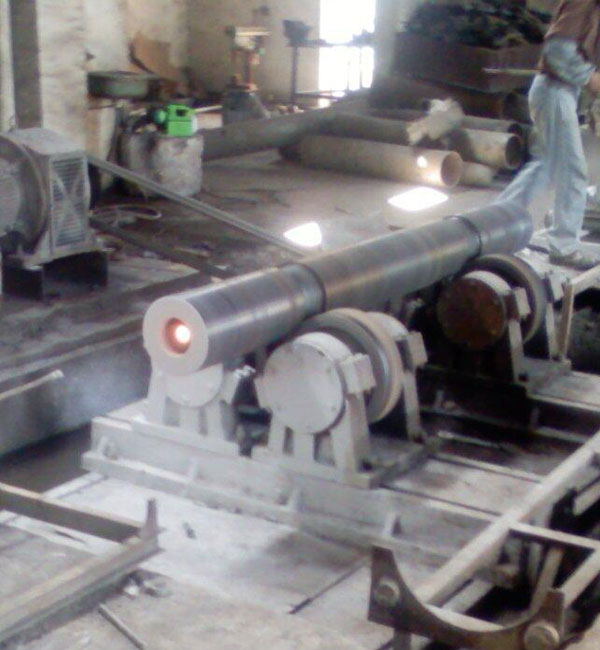
Centrifugal Casting
Centrifugal CastingCentrifugal Casting is a technique and method of injecting liquid metal into a high-speed rotating mold, so that the liquid metal is centrifugal motion to fill the mold and form a casting. Due to the centrifugal movement, the liquid metal can fill the mold well in the radial direction and form the free surface of the casting; it affects the crystallization process of the metal, thereby improving the mechanical and physical properties of the casting.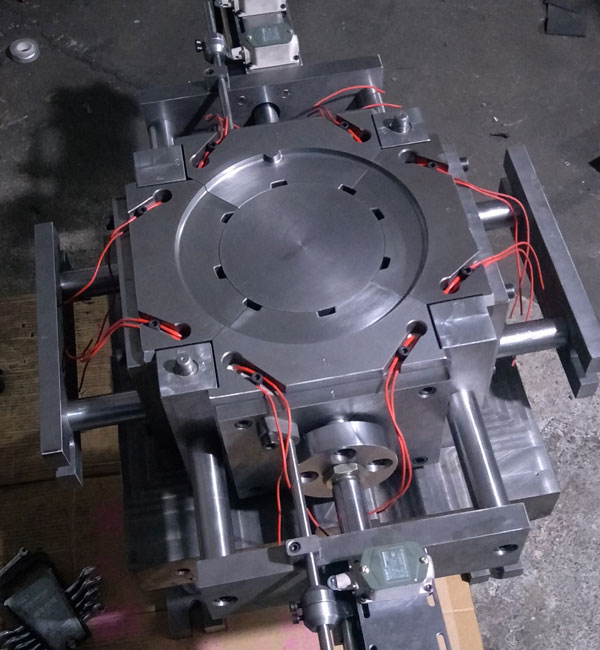
Low Pressure Casting
Low Pressure CastingLow Pressure Casting means that the mold is generally placed above a sealed crucible, and compressed air is introduced into the crucible to cause a low pressure (0.06~0.15MPa) on the surface of the molten metal, so that the molten metal rises from the riser pipe to fill the mold and control solidified casting method. This casting method has good feeding and dense structure, easy to cast large thin-walled complex castings, no risers, and a metal recovery rate of 95%. No pollution, easy to realize automation.
